For early-stage companies, the key financial and accounting issues are all focused on cash flow. Knowing how much cash you have on hand to pay bills, your burn rate (how much you spend per month over what you take in) and your run rate (when you will run out of money based on your burn rate and current cash balance) are the most critical to your company’s success. All other considerations, while maybe important, are not existential at this stage.
Yes, profitability is important. But at this stage, if you are a solopreneur, you are trying to make a go of your own business. You need to first focus on how long you have until you run out of money and how quickly you can get to cash-flow positive since this is your livelihood. For a hypothesis, your main focus is whether or not you are addressing a market need with a viable service or product. Odds are you are spending money and may not even be selling anything, so profitability isn’t even in the picture. This will change in the next stage of the company, but you first have to survive the beginning stage.



